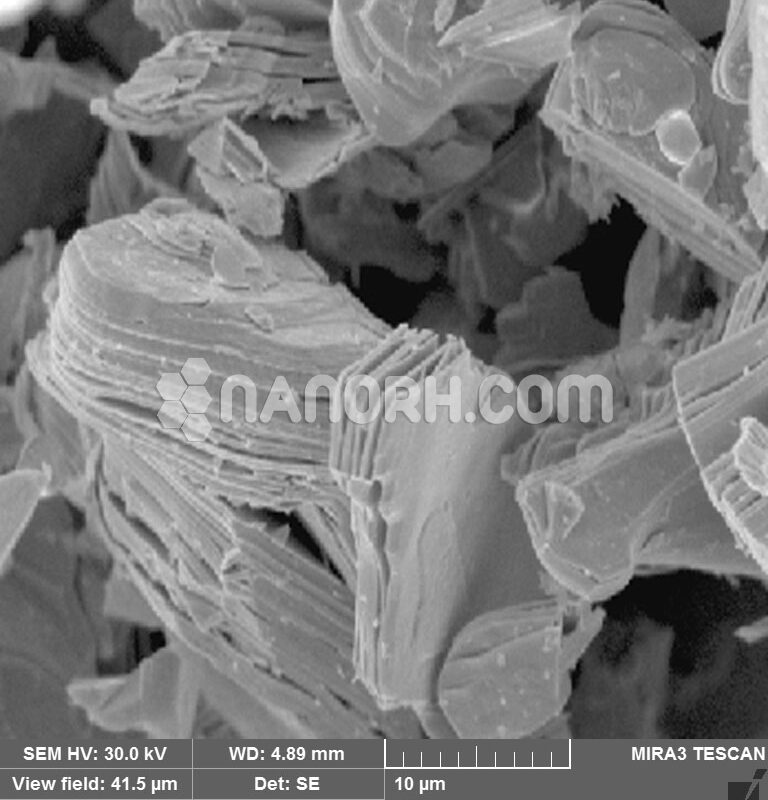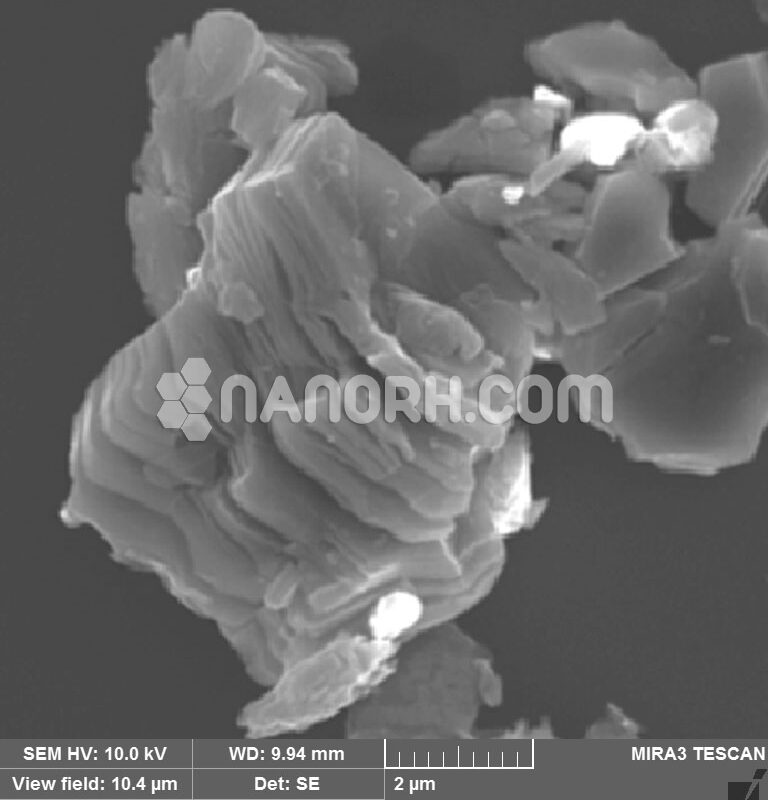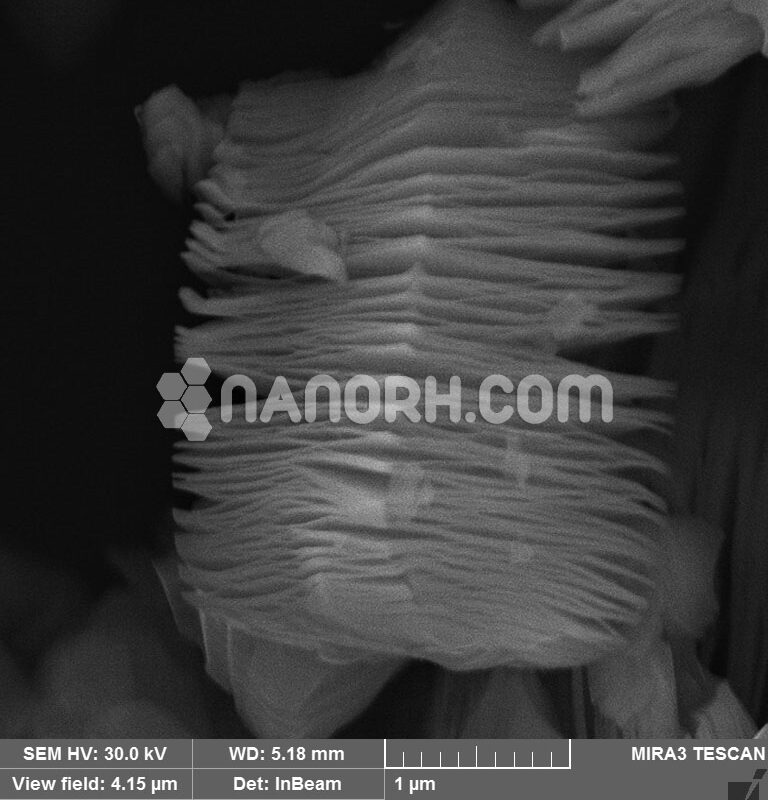|
Titanium Carbide MXene Film (Delaminated) |
|
| Product No. | NRE-59004 |
| CAS No. | 12363-89-2 |
| Formula | Ti3C2 |
| Molecular Weight | 167.62 g/mol |
| APS | < 40 μm |
| Purity | 99.9% |
| Form | Powder |
|
Certificate of Analysis |
|
| Ti | 85.6% |
| C | 14.3% |
| B | 0.02% |
| Cr | 0.03% |
| Al | 0.02% |
| O | 0.01% |
| Sn | 0.01% |
Titanium Carbide MXene Film (Delaminated)
Titanium carbide (Ti₃C₂) MXene films are a fascinating material due to their unique combination of properties, including high electrical conductivity, mechanical strength, and thermal stability. These films are synthesized by selectively etching aluminum from the corresponding MAX phase, leaving behind a 2D layered structure. Here’s a detailed look at the applications of titanium carbide MXene films:
Applications
Energy Storage and Conversion:
Applications: Used in supercapacitors, batteries, and fuel cells.
Advantages: Ti₃C₂ MXene films exhibit high electrical conductivity and a large surface area, which enhances the charge storage capacity and rate performance of supercapacitors. They also improve the efficiency of batteries and fuel cells by providing high conductivity and stability.
Electromagnetic Shielding:
Applications: Employed in electromagnetic interference (EMI) shielding and radar-absorbing materials.
Advantages: The excellent electrical conductivity and layered structure of Ti₃C₂ MXene films make them effective at absorbing and attenuating electromagnetic radiation, protecting sensitive electronic devices from interference.
Catalysis:
Applications: Used as a catalyst or catalyst support in various chemical reactions, such as hydrogen evolution reactions (HER) and electrochemical reactions.
Advantages: Ti₃C₂ MXene films demonstrate high catalytic activity and stability, enhancing the efficiency of catalytic processes and energy conversion reactions.
Sensors:
Applications: Applied in advanced sensors, including gas sensors, biosensors, and environmental sensors.
Advantages: The high surface area and electrical conductivity of Ti₃C₂ MXene films improve the sensitivity and detection limits of sensors, making them suitable for detecting gases, biological molecules, and environmental pollutants.
Thermal Management:
Applications: Utilized in thermal management systems such as heat dissipation materials and thermal interface layers.
Advantages: Ti₃C₂ MXene films offer high thermal conductivity, aiding in efficient heat dissipation and management in electronic devices and other systems.
Coatings and Thin Films:
Applications: Used as protective coatings and thin films for various industrial applications.
Advantages: The mechanical strength, corrosion resistance, and thermal stability of Ti₃C₂ MXene films make them suitable for durable coatings and protective layers in harsh environments.




